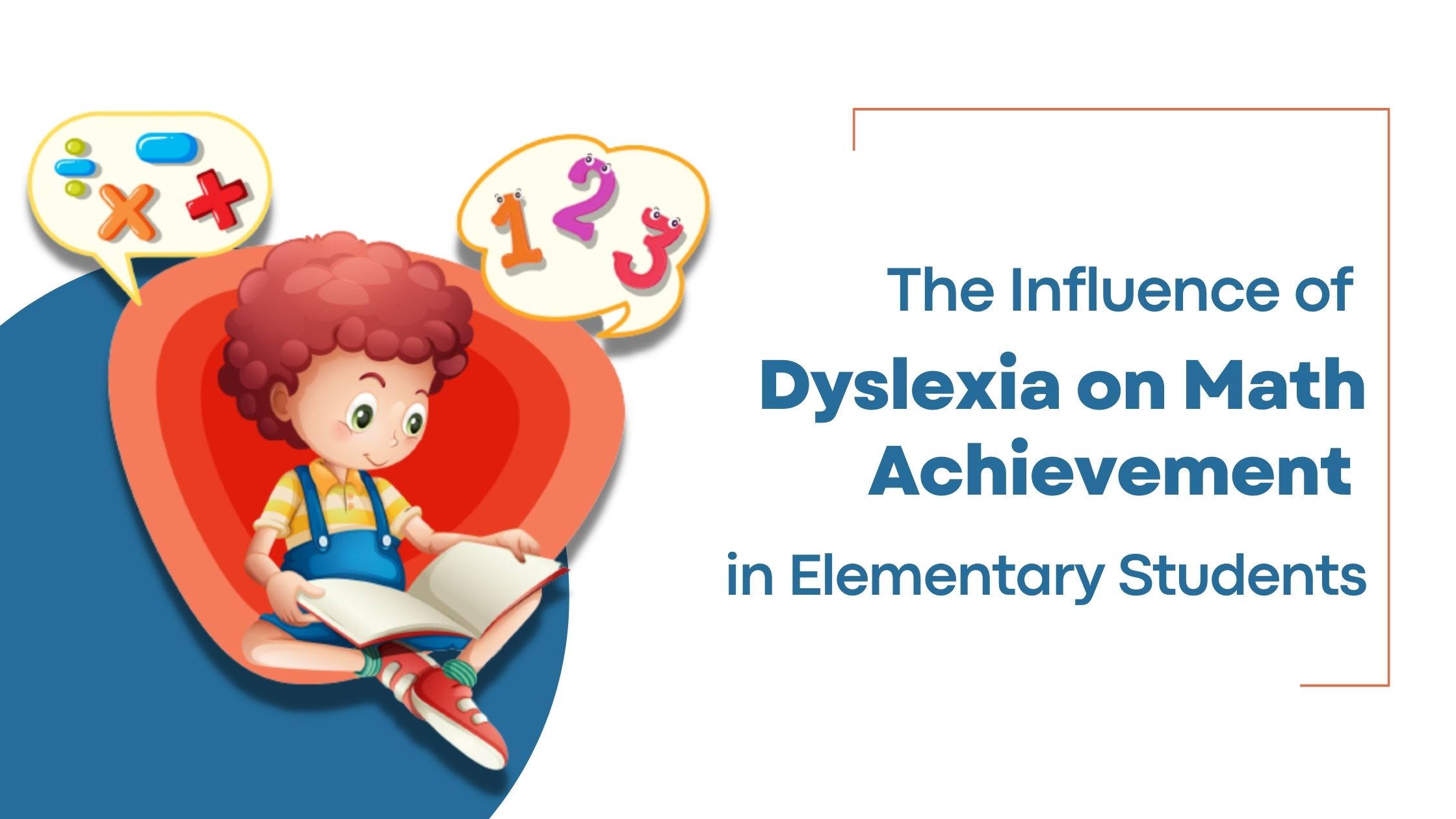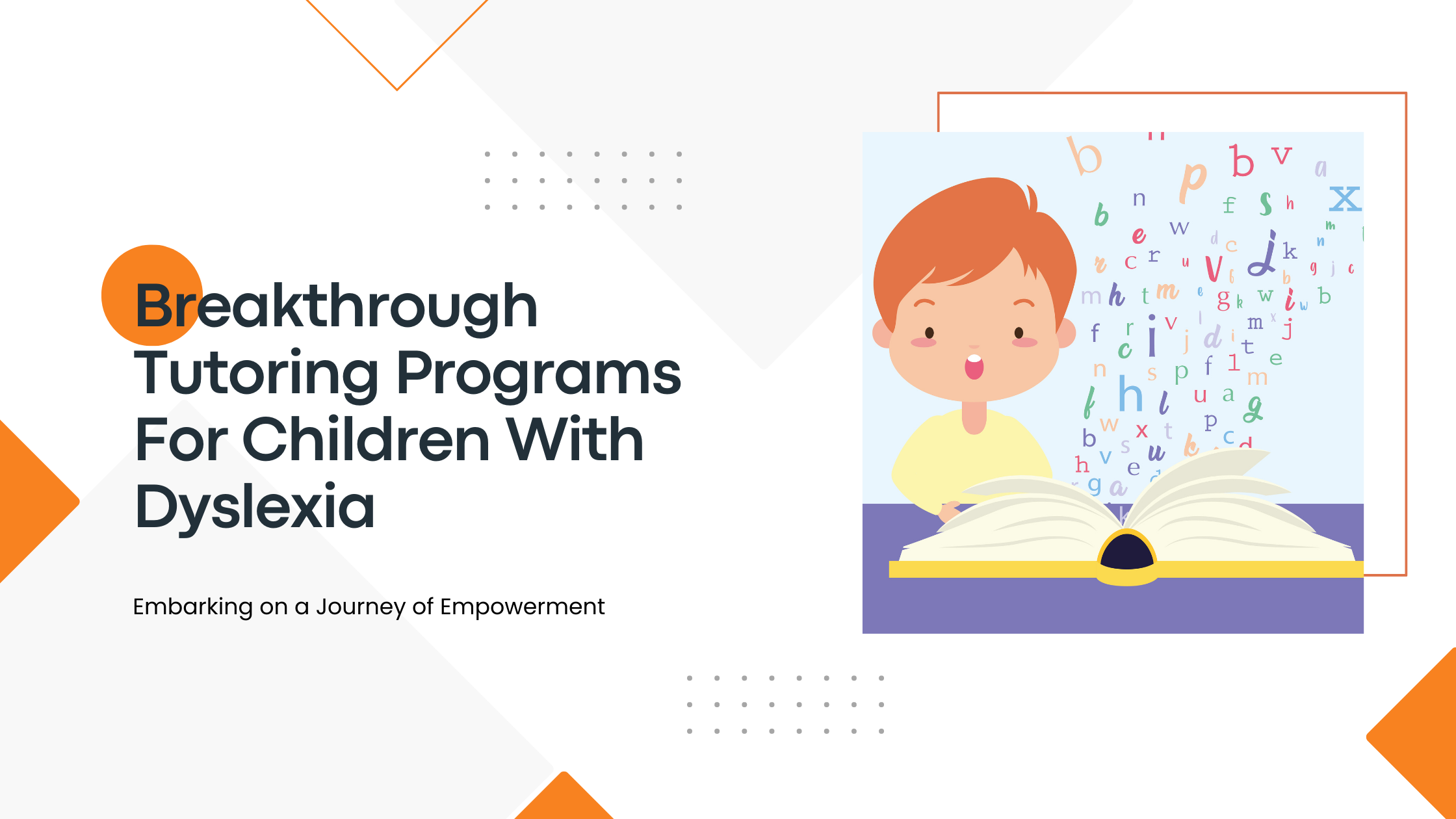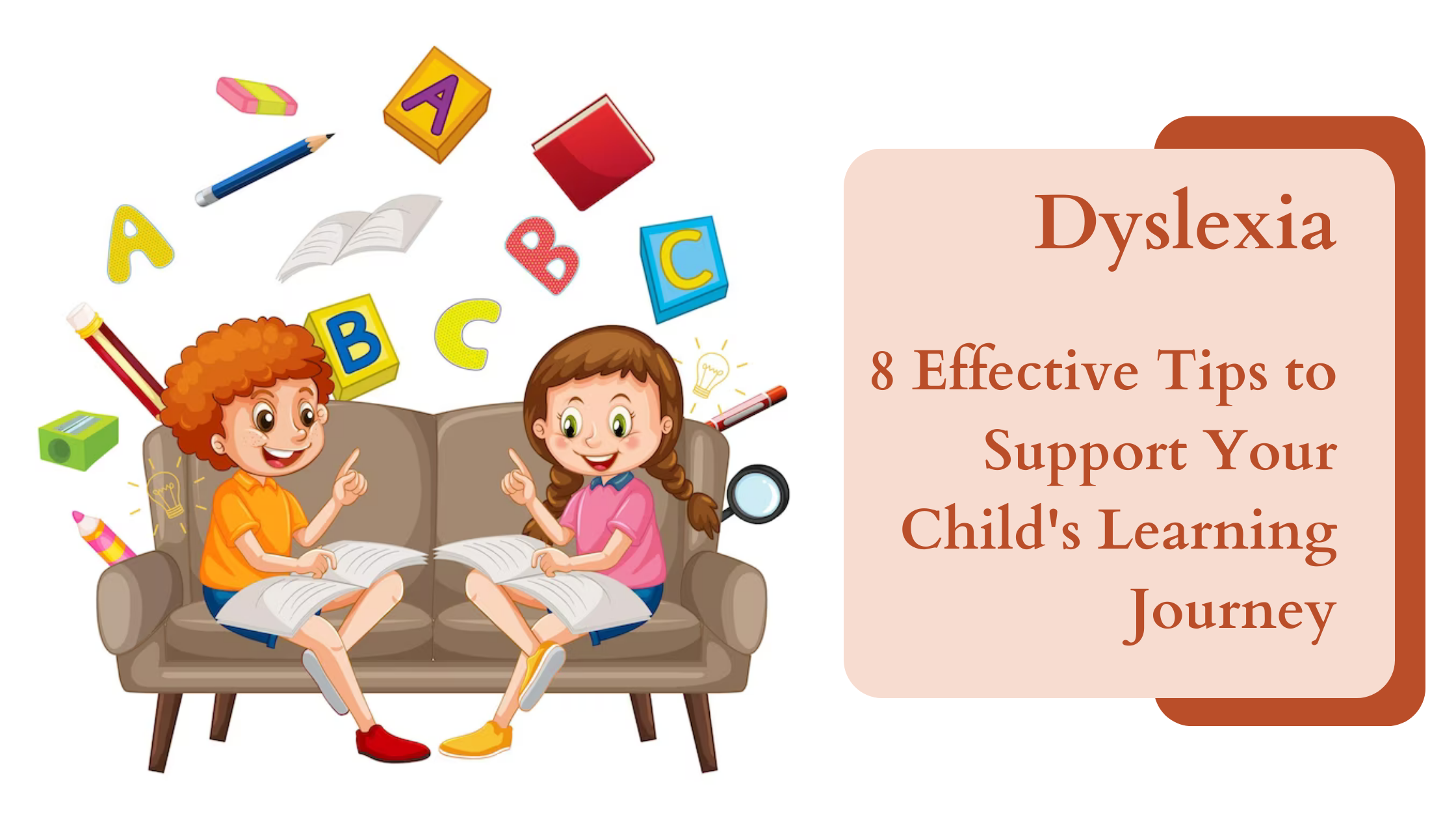Executive Function is a term that is becoming more well-known when discussing difficulties with learning. Like ADHD or dyslexia, it contributes to a student’s academic, social, and behavioural development and is not a specific stand-alone diagnosis or condition. But what exactly does it mean and what are the warning signs?
What is Executive Functioning?
Executive functions are a set of processes or higher-level cognitive skills that students use daily to plan, organize, monitor actions, make decisions, and execute goals. Since executive function includes working memory, cognitive flexibility, and self-control, difficulties with these skills can make learning in and out of the classroom more challenging. Executive functions help students manage their time, initiate, organize and plan tasks, stay on track, manage impulses, switch focus, pay attention, multitask, remember details, and learn from past experiences.
How do I know if my child struggles with executive function or has an executive function disorder?
Students who struggle with executive function have difficulty with the following:
- Paying attention
- Remembering information
- Organizing and planning tasks
- Time management
- Starting activities or assignments
- Focusing on one task
- Remaining calm and flexible when things don’t go as expected or when plans are changed
- Thinking creatively
Executive dysfunction can appear similar to ADHD and some experts believe that ADHD is itself a disorder of executive function since students with ADHD usually struggle with one or more of the above skills.
What causes executive dysfunction?
Generally, executive dysfunction occurs due to irregular or slower processing in parts of the brain that are responsible for skills such as working memory, impulse control, and emotion regulation. Certain conditions that may affect executive function skills include:
-ADHD
-Learning disorders
-Conduct disorders
-Obsessive-compulsive disorders
-Autism Spectrum Disorders (ASD)
-Autoimmune conditions
There doesn’t always have to be an underlying condition, however. Traumatic brain injuries, depression, and genetics may play a role.
You may also read: Why is early intervention so important for kids with dyslexia?
How is executive dysfunction diagnosed?
Executive function disorders are not listed in the Diagnostic and Statistical Manual of Mental Disorders (DSM-5) so a doctor or psychologist won’t diagnose these conditions in a specific manner. They will instead help narrow down the cause(s). They can offer support in the following ways:
-Help identify injuries or health conditions that are responsible for executive function difficulties
-Refer you to a specialist for further testing and guidance (i.e.: an audiologist or neuropsychologist)
-Refer you to a mental health professional who can evaluate symptoms and offer a diagnosis
You may also read: Importance of Executive Functioning
A day in the life of a student with executive function difficulties:
Jonathan has difficulty getting ready for school in the morning. His parents must be on top of him to brush his teeth, get dressed, eat breakfast, and get out of the house on time. Jonathan doesn’t have a great sense of time so he is often late if left to his own devices. He doesn’t keep track of projects, tests, and assignments in his agenda, which makes homework time very difficult.
As a result, Jonathan does poorly on tests and often hands in assignments after the due date. His room is messy and he has trouble finding what he is looking for. As well, Jonathan often forgets his materials in school and cannot initiate the work on his own. What should take an hour at most takes over two hours to complete. Any noise in the house acts as a distraction, even his own thoughts.
Jonathan has trouble adjusting to change and gets angry when things don’t go his way. It can take hours to get him to settle and calm back down. Jonathan has just one or two good friends and would rather be alone than have play dates. He doesn’t make new friends easily.
How can an executive function be improved?
There are many helpful treatments; however, they usually depend on the underlying causes and severity of the dysfunction. School services are usually a good place to start in developing your child’s academic and social skills. Special education or resource programs can assign a speech therapist, tutor, occupational therapist, or any other relevant professional to improve skills. Exploring different ways of learning is important for your child.
Social skills and organizational skills coaching are also good options. This involves a trained coach who can help your child practice and master skills such as time management, planning, and organizing. Different methods would include creating a visual schedule and checklists, using organization apps or timers, workspace tips, establishing a routine, etc.
You may also read: How Do I Know When to Bring My Child to a Learning Centre?
Summary
Executive function is a term used to describe higher-order cognitive processes that include planning and organizing, cognitive flexibility/decision making, initiation and self-regulation, impulse control, time management, sustained attention, and more. When a student’s executive function skills are impaired, they are said to have executive dysfunction.
Many learning disorders impact executive functioning and students with ADHD often struggle to organize themselves, focus on tasks, and control their impulses. Symptoms, however, can be managed and treated with the right support. If you suspect your child has difficulties with executive functioning that are impeding their progress in school, consult with the school. Social and academic coaching can be helpful and a visit to a psychologist or neuropsychologist may be warranted. There is not a one-size-fits-all intervention to improve executive functions in children.



